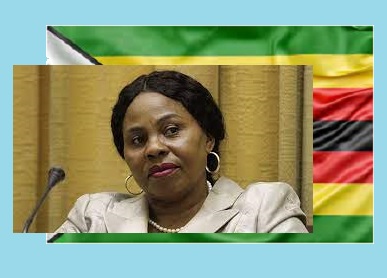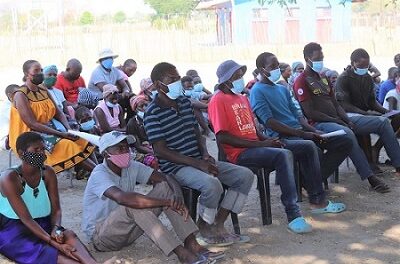Governments should go beyond lip service in committing to protecting journalists, but instead should come up with punitive measures for those that perpetrate attacks on media workers.
This was the general consensus at the recent conference and commemoration of the International Day to End Impunity for Crimes Against Journalists.
Journalists and media representative organisations drawn from across the African continent, including regional and international media support organisations, came together in Zimbabwe’s resort town of Victoria Falls on 11 and 12 November 2022 for the belated commemorations of the International Day to End Impunity for Crimes Against Journalists.
The event, which coincided with the 10th anniversary of the United Nations Plan of Action on the Safety of Journalists and the Issue of Impunity, was jointly organised by MISA, UNESCO, Zimbabwe’s Ministry of Information, Publicity and Broadcasting Services, as well as Media Monitors and the International Media Support (IMS).
MISA Regional Governing Council member, Father Barnabas Simatende, who is also the Chairperson of MISA Zambia, noted that the 10th anniversary of the UN Plan of Action on the Safety of Journalists and the Issue of Impunity, came at a time when Africa is witnessing an escalation in attacks against journalists.
“The police and the judiciary are key players in promoting the safety of journalists and the organisation I represent – the Media Institute of Southern Africa – commit to working with these key players to ensure that we create a conducive environment for journalists to operate in,” said Father Simatende.
“As a way forward, we implore our governments to take the UNPA (UN Plan of Action) and localise it into their national legal frameworks.”
Zimbabwe’s Minister of Information, Publicity and Broadcasting Services, Senator Monica Mutsvangwa, said her government is committed to providing a safe operating media environment to enable media practitioners to conduct their duties freely.
“I categorically say impunity on crimes against journalists is unacceptable as it seeks to silence voices that keep our society in check,” she said.
If the recommendation to domesticate the UN Plan of Action into national legal frameworks is taken on board, this will go a long way in legislating against crimes against journalists and thereby limiting such cases because of the risk of prosecution for criminal acts against media practitioners.
UNESCO Regional Office for Southern Africa Director, Professor Lidia Brito, raised alarm at the number of journalists killed this year.
Brito said journalists faced new multifaceted challenges that required a “multi-stakeholder approach involving all the media stakeholders”.
The inaugural State of Media Freedom and Safety of Journalists in Africa Report was also launched in Victoria Falls as part of the commemorations.
Prior to the meeting, MISA held a training session for female journalists on cyber security and emerging online threats targeting women media workers. The capacity building session targeted female journalists from across the Southern African region.
In her remarks, Professor Brito highlighted the new threats and gendered attacks that female journalists face.
The commemorations resolved to come up with more sustainable partnerships for the advancement of media freedom.
In addition, a coalition of media organisations is in the process of being set up to advance the ideals of the UN Plan of Action on the Safety of Journalists and the Issue of Impunity.
In the photo: Zimbabwe’s Information Minister Ms Monica Mutsvangwa.







